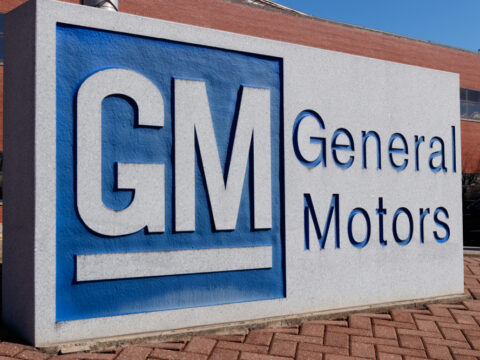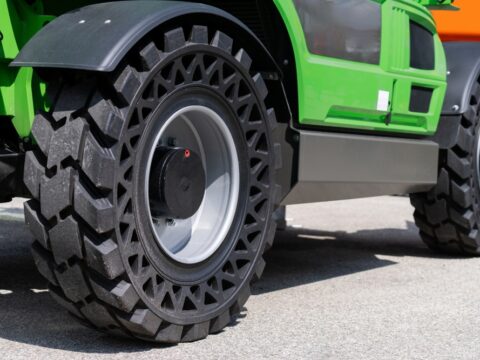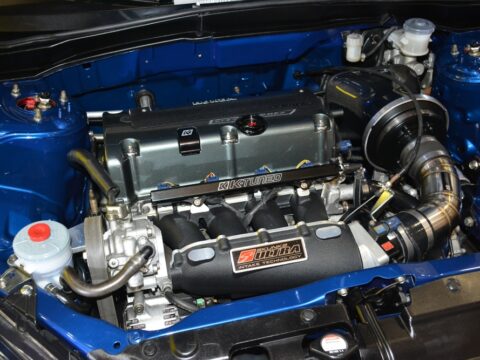Maintaining your car doesn’t have to be expensive or complicated. With a few simple and regular maintenance practices, you can keep your vehicle running smoothly and avoid costly repairs. From regular oil changes to checking tire pressure, these straightforward tips can save you money and extend the life of your car. Investing a little time and effort into basic upkeep will enhance your car’s performance and ensure it remains reliable for years to come. Here are some practical car maintenance tips to help you save money and keep your vehicle in top condition.
Contents
Keep it Clean

Regularly washing and waxing your car prevents rust, protects the paint, and preserves the exterior finish. Dirt, grime, and road salt can accumulate and cause long-term damage if not removed. Keeping the interior clean prevents wear and tear on seats and surfaces, maintaining the car’s resale value. A clean car also runs more efficiently, as dirt and debris can affect the performance of certain components.
Regular Oil Changes
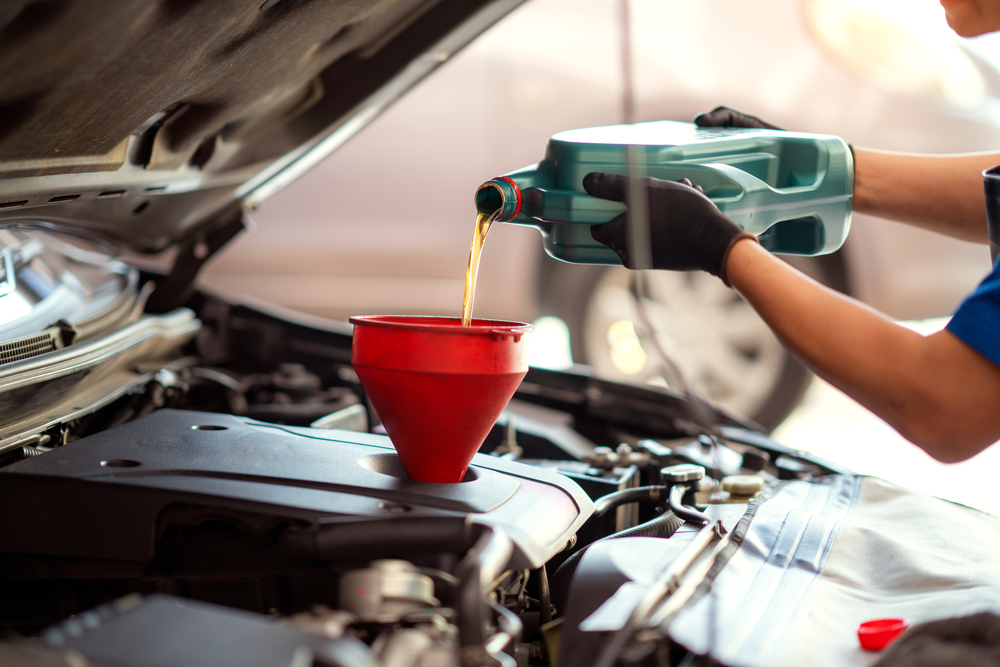
Changing your car’s oil at recommended intervals ensures the engine runs smoothly and efficiently. Fresh oil reduces friction, minimizes wear, and prevents sludge buildup that can clog engine parts. By keeping the engine lubricated and cool, regular oil changes help to avoid costly repairs and extend the engine’s life, saving you money in the long run.
Inspect Brakes
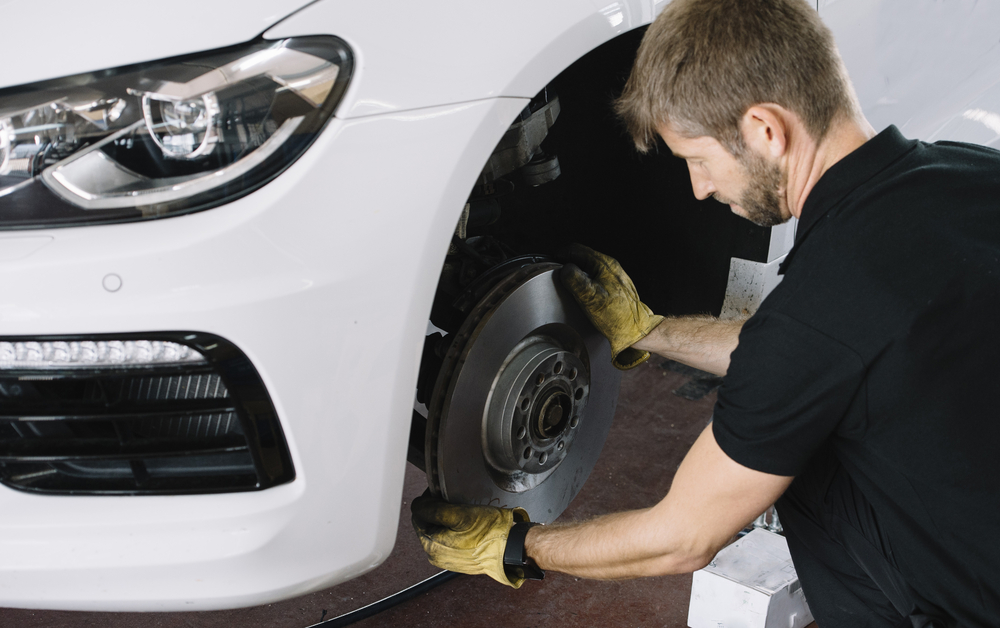
Regular brake inspections are crucial for your safety and your wallet. Worn brake pads can damage rotors, leading to more expensive repairs. By catching issues early, you can replace brake pads and avoid more significant damage. Additionally, ensuring that your brakes are in good condition improves your car’s performance and safety, preventing accidents and costly emergency repairs.
Rotate Tires
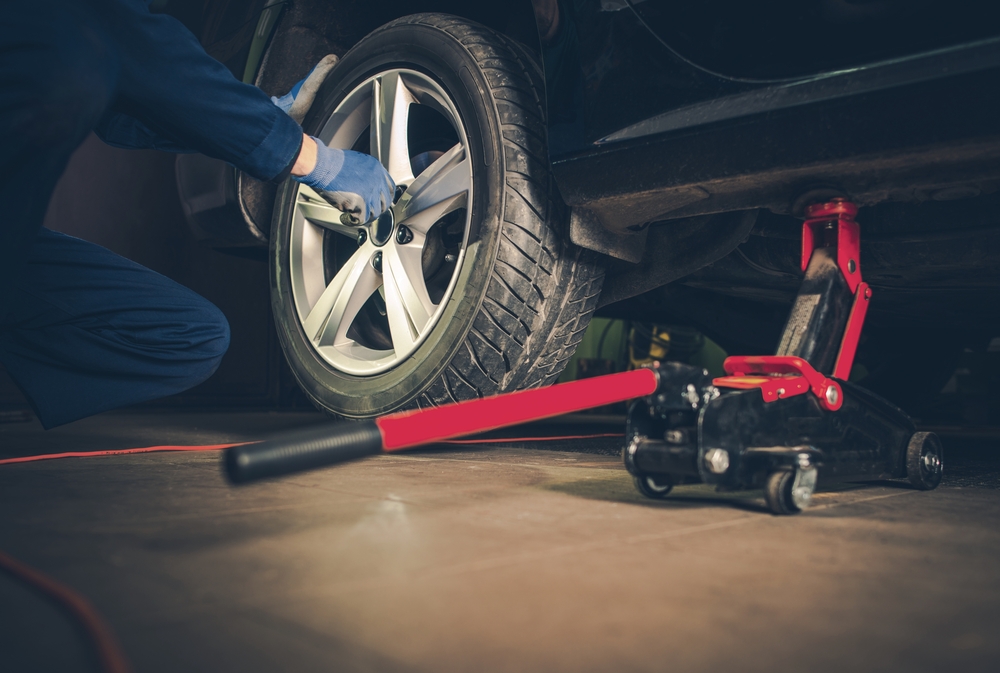
Rotating your tires every 5,000 to 7,500 miles promotes even tire wear, extending their lifespan. Uneven tire wear can lead to poor handling, reduced fuel efficiency, and a higher risk of blowouts. Regular tire rotation ensures that all tires wear evenly, providing better traction and performance while saving you the cost of premature tire replacement.
Use Quality Fuel
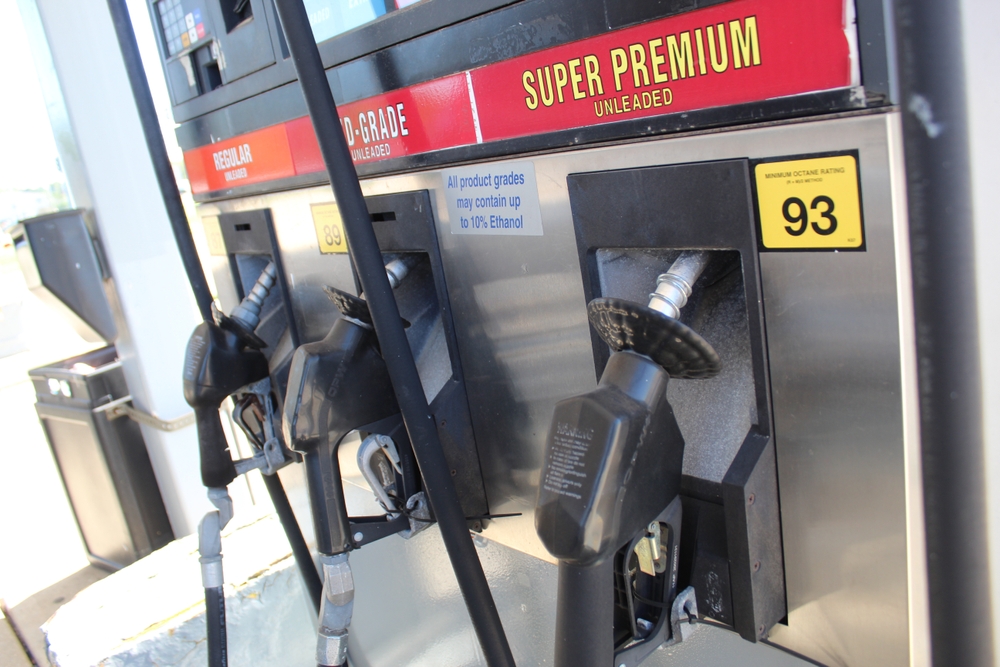
Using high-quality fuel can enhance your car’s performance and efficiency. Cheap, low-quality fuel may contain impurities that can clog fuel injectors and harm the engine over time. Quality fuel burns cleaner, reducing deposits and keeping the engine in better shape, which can prevent costly repairs and improve your vehicle’s longevity.
Maintain Battery Health
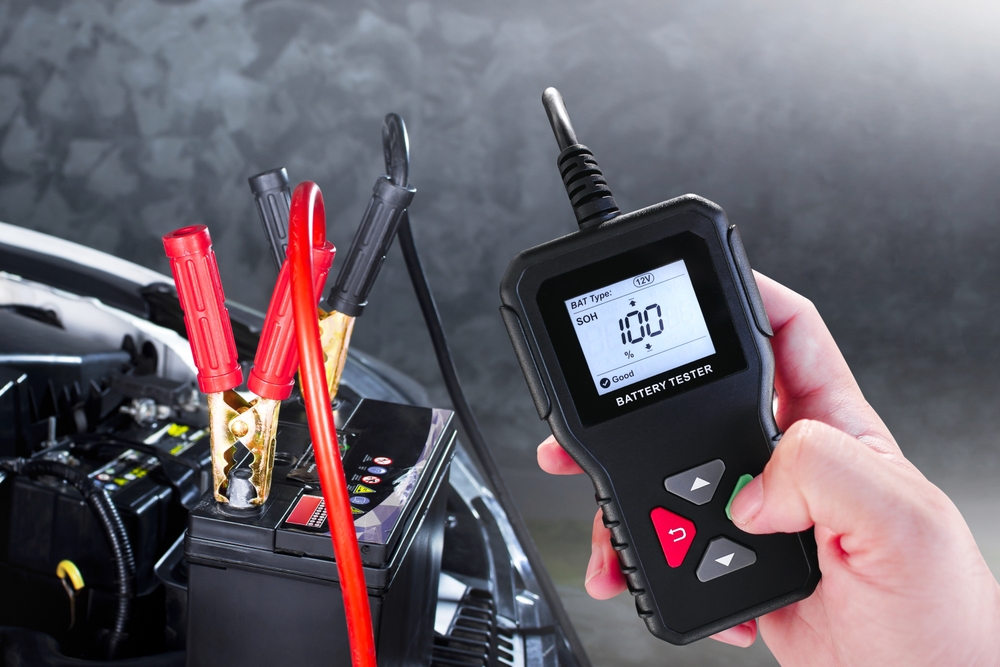
Regularly check your car’s battery and clean the terminals to ensure a strong connection. Corrosion and loose connections can lead to battery failure, leaving you stranded and facing unexpected expenses. By maintaining battery health, you can avoid the inconvenience and cost of a dead battery, ensuring reliable performance and extending the battery’s lifespan.
Check Tire Pressure
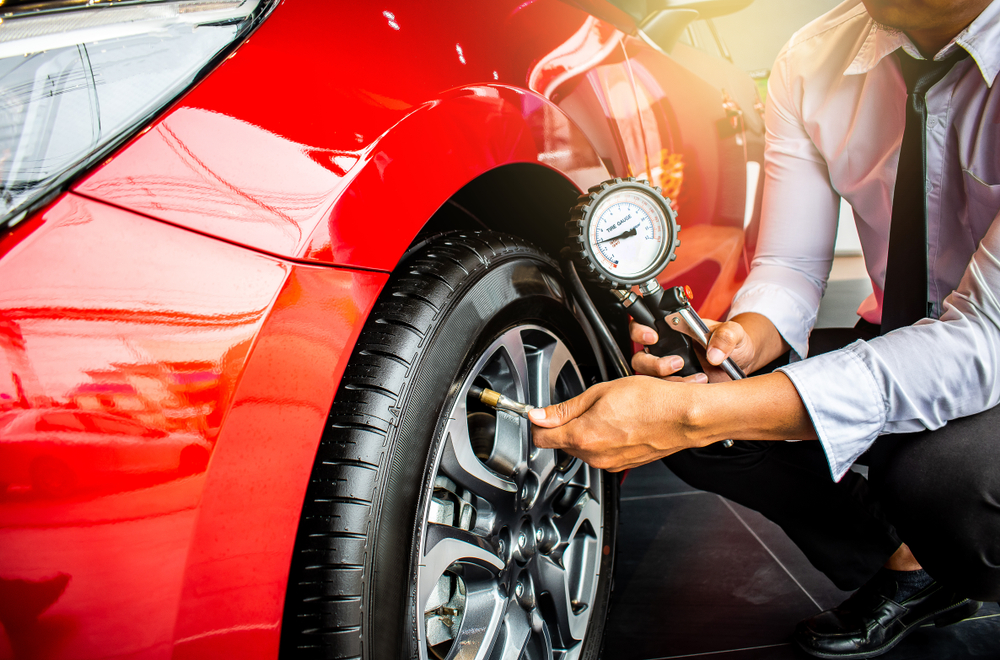
Keeping your tires properly inflated improves fuel efficiency, handling, and tire longevity. Underinflated tires can cause uneven wear, reduce fuel economy, and increase the risk of blowouts. By regularly checking and maintaining the correct tire pressure, you can save money on fuel and extend the life of your tires.
Replace Air Filters
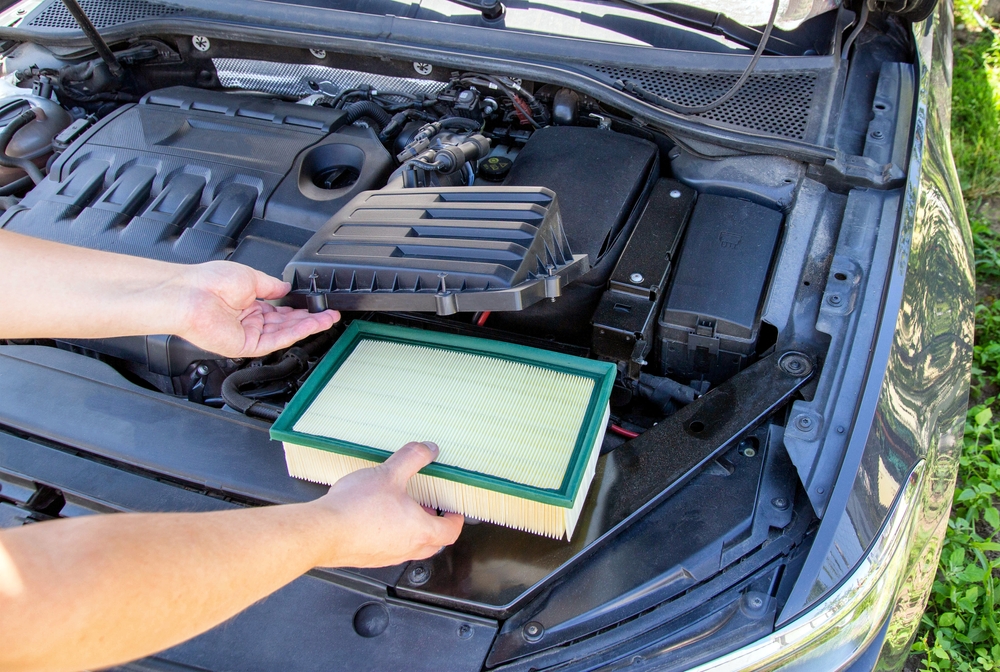
Regularly replacing your car’s air filters ensures that the engine receives clean air, improving performance and fuel efficiency. Dirty or clogged air filters can restrict airflow, causing the engine to work harder and consume more fuel. By maintaining clean air filters, you can improve your car’s efficiency, reduce emissions, and save on fuel costs.
Flush the Cooling System
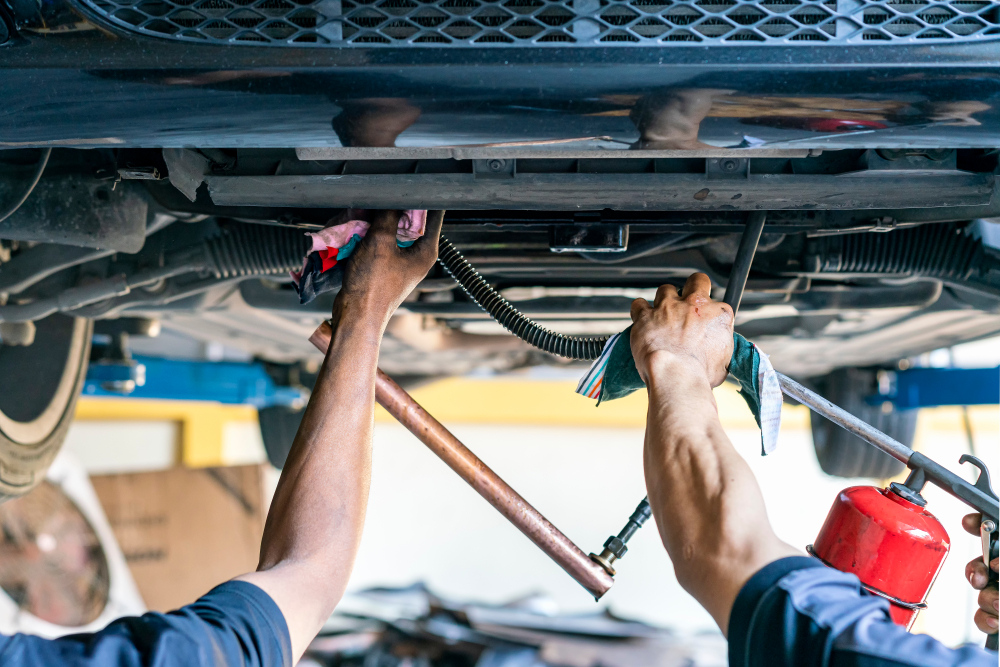
Flushing your car’s cooling system and replacing the coolant at recommended intervals prevents overheating and engine damage. Old coolant can become contaminated and lose its effectiveness, leading to corrosion and buildup within the cooling system. Regular maintenance ensures optimal cooling, extending the life of the engine and preventing costly repairs.
Check and Replace Spark Plugs
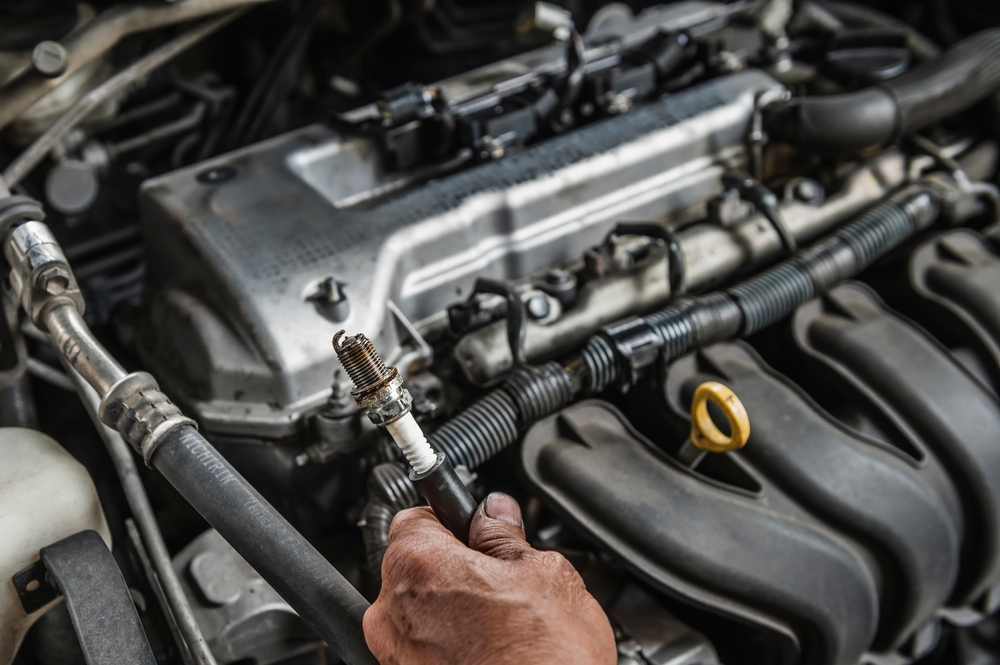
Spark plugs play a crucial role in your car’s ignition system. Worn or faulty spark plugs can lead to poor fuel economy, misfires, and difficulty starting the engine. Regularly inspecting and replacing spark plugs ensures efficient combustion, improves performance, and prevents engine damage, saving you money on repairs and fuel.
Inspect Suspension Components
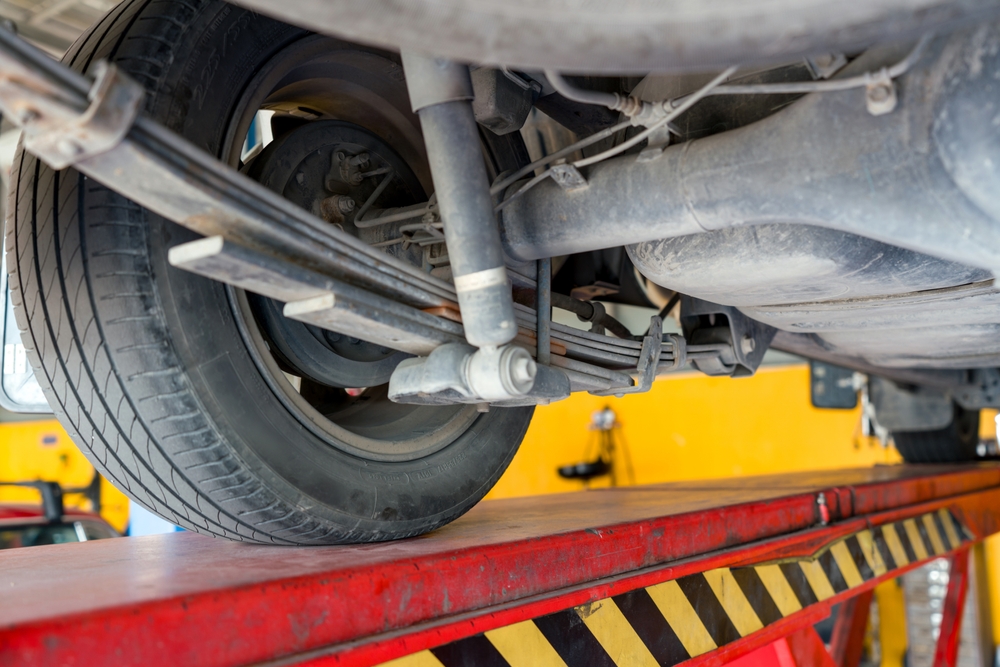
Regular inspection of suspension components, such as shocks, struts, and bushings, ensures a smooth and safe ride. Worn suspension parts can affect handling, tire wear, and overall vehicle stability. By addressing suspension issues early, you can prevent further damage and costly repairs, maintaining your car’s performance and safety.
Use the Right Engine Oil
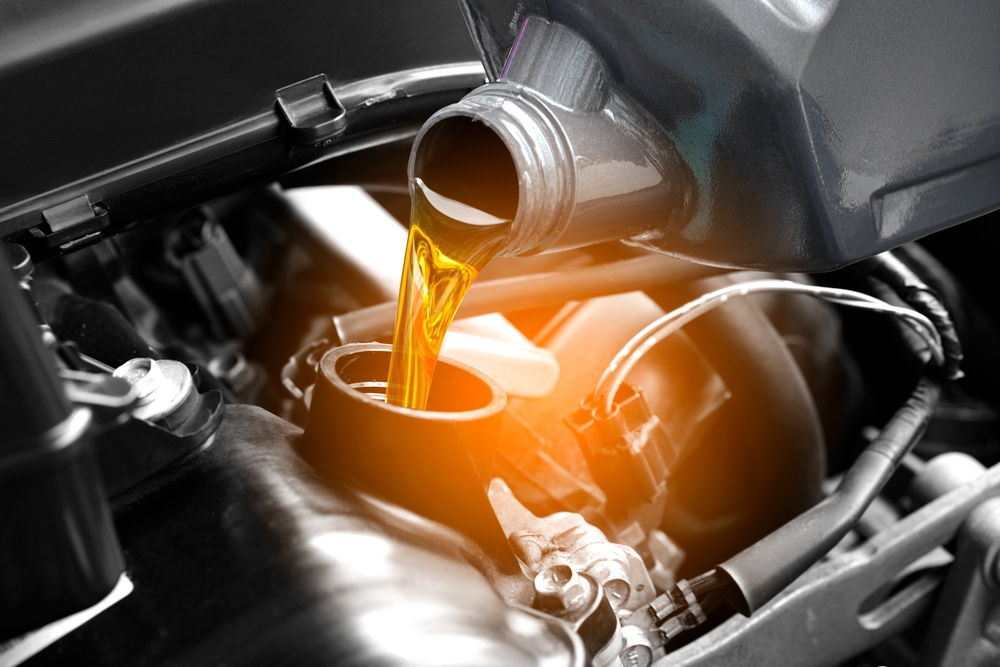
Using the correct grade and type of engine oil recommended by the manufacturer ensures optimal engine performance and protection. The right oil reduces friction, minimizes wear, and provides proper lubrication. Using the wrong oil can lead to engine damage and increased maintenance costs. Always refer to your car’s manual to choose the appropriate oil for your vehicle.
Inspect and Replace Belts and Hoses
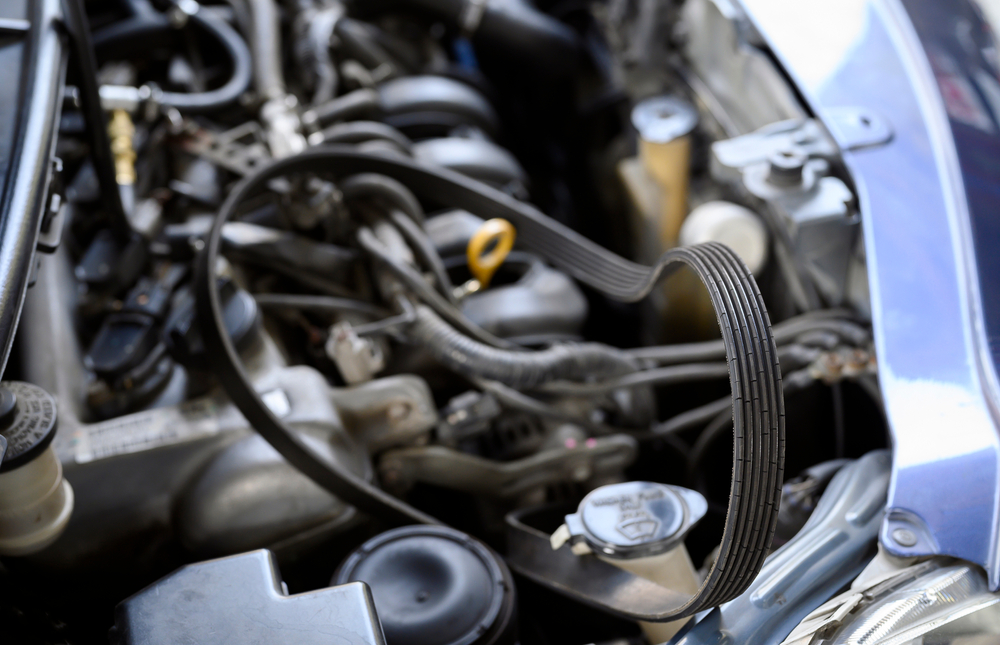
Regularly inspecting belts and hoses for signs of wear, cracks, or leaks can prevent breakdowns and expensive repairs. Belts and hoses are critical to the operation of various engine components, and failure can lead to overheating, loss of power steering, and other issues. Timely replacement ensures the reliability and longevity of your vehicle.
Check and Maintain Fluid Levels
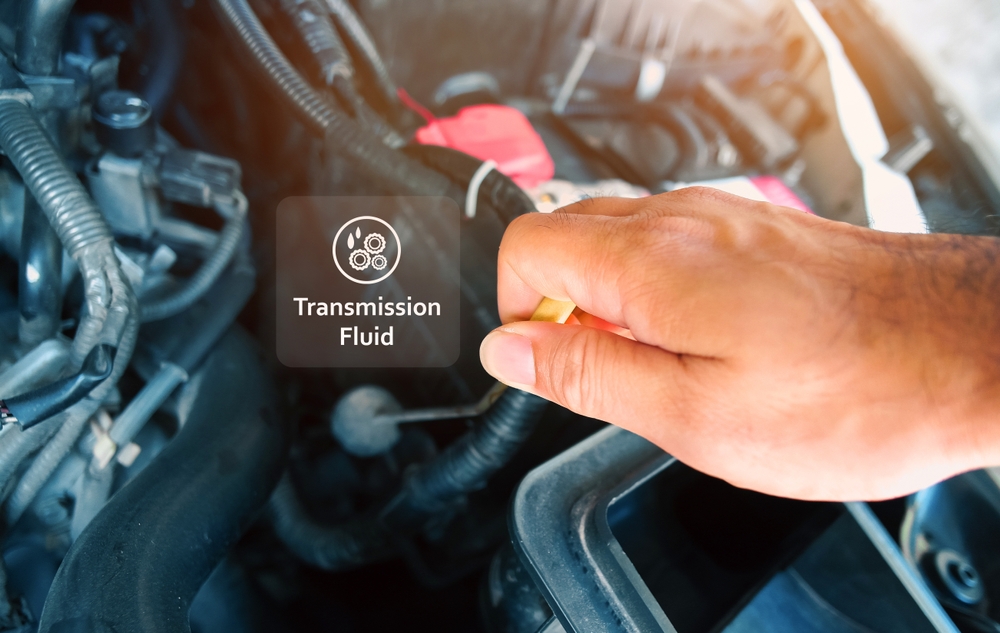
Regularly checking and maintaining fluid levels, including transmission, brake, power steering, and windshield washer fluids, ensures the smooth operation of your car’s systems. Low or contaminated fluids can lead to system failures and costly repairs. By keeping fluids at the proper levels and replacing them as needed, you can avoid potential issues and prolong the life of your vehicle.
Keep an Eye on Warning Lights
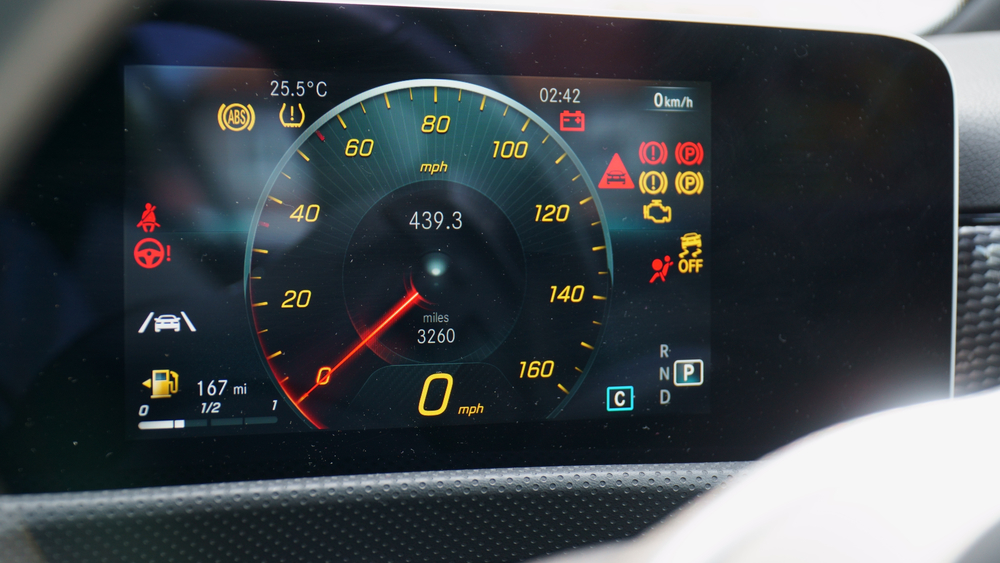
Paying attention to your car’s warning lights and addressing issues promptly can prevent minor problems from becoming major repairs. Warning lights indicate issues with various systems, such as the engine, brakes, or electrical components. Ignoring these warnings can lead to more extensive damage and higher repair costs. Early diagnosis and repair save money and ensure your car runs smoothly.
This article originally appeared on MyCarMakesNoise.
More from MyCarMakesNoise
23 Most Reliable Trucks for Lifelong Performance

Selecting a truck that combines durability with reliability ensures that it can handle both the rigors of daily tasks and the challenges of heavy-duty work. From rugged off-road adventurers to dependable workhorses, certain trucks have established themselves as lasting partners, built to endure through years of service. Read More
20 Underrated Destinations for Road Trip Lovers

Embark on a journey off the beaten path with our guide to America’s backroads—hidden gems that promise unforgettable road trip experiences. From breathtaking natural landscapes to quaint small towns, these lesser-known routes offer a unique way to explore the beauty and diversity of the United States. Read More
13 Classic Chevrolet Cars That Failed to Impress

When it comes to classic cars, not every model becomes a beloved icon. Chevrolet, a powerhouse in the automotive industry, has had its fair share of hits and misses over the decades.While many Chevys have won the hearts of car enthusiasts worldwide, some models missed the mark by a wide margin. Read More


